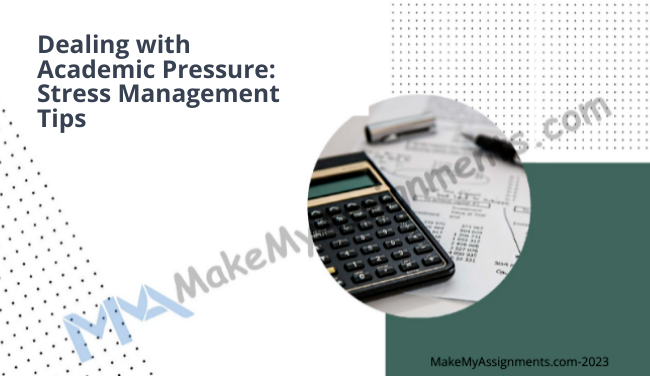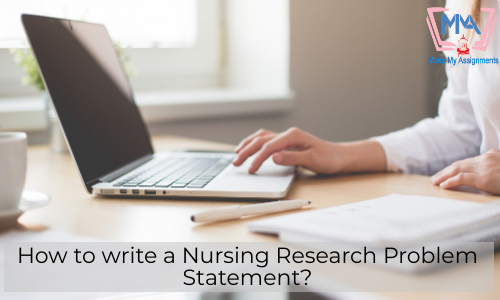
Dealing with Academic Pressure: Stress Management Tips
The journey through academia is often filled with challenges, and one of the most common and pervasive challenges is academic pressure. Whether you’re a student in high school, college, or pursuing advanced degrees, the demands of coursework, exams, and deadlines can create significant stress. In this blog, we will explore the various sources of academic pressure and provide valuable stress management tips to help you navigate your academic journey with ease and confidence.
Understanding Academic Pressure

Academic pressure can stem from various sources:
- Heavy Workloads: The sheer volume of coursework, assignments, and projects can become overwhelming, leaving students feeling stressed and anxious.
- High Expectations: Many students face pressure from parents, teachers, or even themselves to achieve high grades and excel academically.
- Competitive Environment: In an increasingly competitive world, the fear of falling behind peers can add to the stress.
- Performance Anxiety: The pressure to perform well in exams and presentations can trigger anxiety and stress.
- Time Constraints: Balancing academic commitments with other responsibilities and activities can lead to time-related stress.
Now, let’s explore some effective stress management tips to help you deal with academic pressure.
1. Prioritize and Plan
Start by creating a well-structured schedule. Prioritize your tasks based on deadlines and importance. Breaking down your work into smaller, manageable steps can make it feel less overwhelming. Use tools like planners or digital apps to help you stay organized.
2. Practice Time Management
Allocate specific blocks of time for studying, relaxation, and other activities. Avoid procrastination by setting realistic goals for each study session and sticking to them. Use techniques like the Pomodoro method (25 minutes of focused work followed by a 5-minute break) to boost productivity.
3. Seek Support
Don’t hesitate to reach out for support. Talk to teachers, professors, or academic advisors if you’re struggling with coursework. If stress is taking a toll on your mental health, consider seeking help from a counselor or therapist. Talking about your concerns can be incredibly beneficial.
4. Stay Physically Active
Regular exercise is a proven stress reliever. Even a short walk or quick workout session can clear your mind and boost your mood. Make physical activity a part of your routine to reduce the negative effects of academic stress.
5. Practice Mindfulness and Relaxation Techniques
Mindfulness meditation, deep breathing exercises, and progressive muscle relaxation are effective ways to manage stress. These techniques can help you stay calm and focused, even during high-pressure situations like exams.
6. Maintain a Healthy Lifestyle
A balanced diet, proper hydration, and adequate sleep are essential for managing stress. Avoid excessive caffeine and junk food, as they can exacerbate anxiety. Aim for 7-9 hours of quality sleep each night to support cognitive function and emotional well-being.
7. Set Realistic Goals
While it’s important to aim high, setting realistic goals is equally crucial. Understand that perfection is not always attainable, and it’s okay to make mistakes. Learning from setbacks is an integral part of academic growth.
8. Take Breaks
Don’t forget to take regular breaks during your study sessions. Short breaks can help prevent burnout and improve concentration.
9. Connect with Peers
Sharing your academic concerns with classmates can make you feel less isolated and more supported. Study groups can also help you grasp difficult concepts and motivate you to stay on track.
10. Celebrate Achievements
Acknowledge your accomplishments, no matter how small they may seem. Reward yourself for meeting milestones and achieving your goals. Positive reinforcement can boost your motivation and reduce stress.
Academic pressure is a common part of the educational journey, but with effective stress management techniques, you can navigate it successfully. Remember that it’s okay to seek help and take care of your well-being. By prioritizing your mental and physical health, setting realistic goals, and maintaining a balanced lifestyle, you can thrive academically while minimizing the negative effects of stress.



